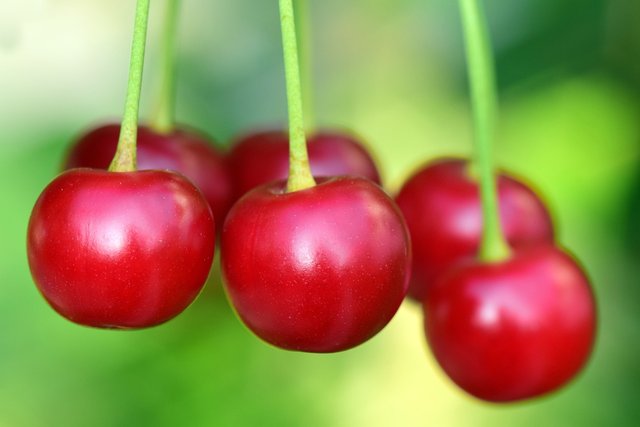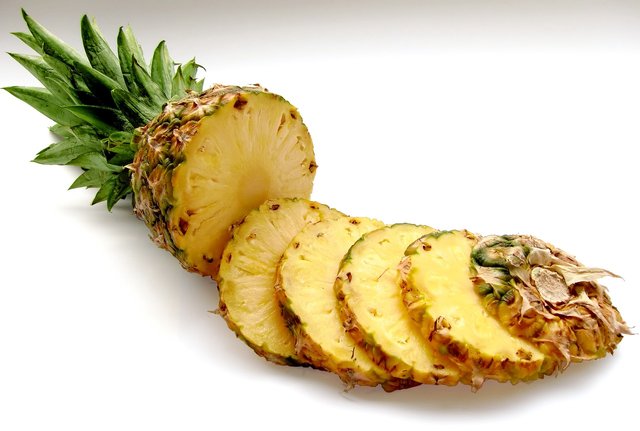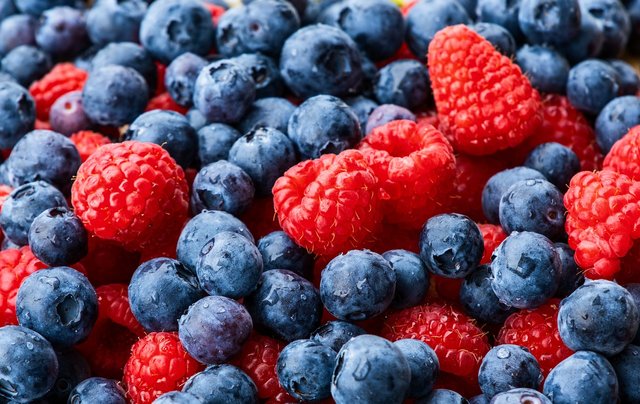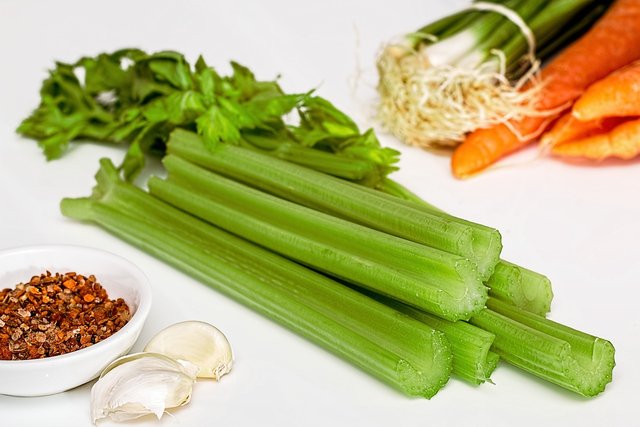Gout is a form of inflammatory arthritis characterized by sudden, severe attacks of pain, swelling, and redness in the joints, often affecting the big toe.
Diet plays a crucial role in managing gout, as certain foods can trigger or exacerbate gout symptoms. However, there are also fruits and vegetables that can help alleviate gout symptoms and reduce the risk of future attacks.
Here are four specific options to consider:
1. Cherries:

Cherries are often considered one of the best fruits for managing gout due to their potential anti-inflammatory properties and ability to lower uric acid levels.
Anti-Inflammatory: Cherries are rich in compounds called anthocyanins, which have anti-inflammatory effects. Consuming cherries, especially tart cherries, may help reduce the inflammation associated with gout attacks.
Uric Acid Reduction: Some studies suggest that cherries can help lower uric acid levels in the blood, which is a key factor in the development of gout. This effect may be due to their ability to increase the excretion of uric acid from the body.
Low in Purines: Cherries are relatively low in purines, the compounds that break down into uric acid in the body. This makes cherries a safer choice for those with gout.
Anti-Oxidants: Cherries are rich in antioxidants, which can help protect joints from oxidative damage associated with gout.
Cherries can be enjoyed fresh, dried, or as cherry juice. Aim for at least a cup of cherries or a glass of cherry juice daily to potentially reduce gout symptoms.
2. Pineapple:

Pineapple is a tropical fruit that contains an enzyme called bromelain, which may have anti-inflammatory properties and can be beneficial for individuals with gout.
Anti-Inflammatory: Bromelain is known for its ability to reduce inflammation and swelling. It may help alleviate the pain and discomfort associated with gout attacks.
Digestive Aid: Bromelain also aids in digestion, which can be helpful for individuals with gout, as dietary choices can play a significant role in gout management.
Vitamin C: Pineapple is a good source of vitamin C, which has been associated with lower uric acid levels in some studies. Vitamin C can also help reduce inflammation and boost the immune system.
Hydration: Pineapple has a high water content, contributing to overall hydration, which is essential for gout management.
Include fresh pineapple in your diet as a snack, in fruit salads, or as a part of smoothies to potentially benefit from its anti-inflammatory properties.
3. Berries:

Berries like strawberries, blueberries, and raspberries are rich in antioxidants and can be a valuable addition to a gout-friendly diet.
Anti-Inflammatory: Berries are packed with antioxidants, particularly anthocyanins, which have anti-inflammatory effects. These antioxidants can help reduce inflammation associated with gout.
Low in Purines: Berries are generally low in purines, making them a safe choice for those with gout.
Hydration: Berries have a high water content, contributing to overall hydration, which is important for flushing excess uric acid from the body.
Fiber: Berries are an excellent source of dietary fiber, which can help with weight management. Maintaining a healthy weight is essential for gout management, as excess weight can exacerbate symptoms.
Enjoy berries fresh, as a topping for yogurt or oatmeal, or in smoothies. They make for a delicious and nutritious addition to your diet.
4. Celery:

Celery is a crunchy, low-calorie vegetable that can be particularly helpful for individuals with gout.
Anti-Inflammatory: Celery contains compounds like luteolin and apigenin, which have anti-inflammatory properties. These compounds can help reduce inflammation in the joints associated with gout.
Hydration: Celery is composed of about 95% water, making it an excellent choice for staying hydrated, which is important for gout management.
Low in Purines: Celery is naturally low in purines, making it a safe option for those with gout.
Fiber: Celery is a good source of dietary fiber, which can support digestive health and help with weight management.
Incorporate celery into your diet by adding it to salads, soups, or using it as a crunchy snack with hummus or peanut butter.
While these fruits and vegetables can be beneficial for individuals with gout, it's important to maintain a well-rounded diet that includes a variety of nutrient-rich foods.
Additionally, consult with a healthcare provider or a registered dietitian to create a personalized dietary plan that meets your specific needs and helps manage gout effectively.
A comprehensive approach to managing gout includes not only nutrition but also medication management, lifestyle adjustments, and regular monitoring of uric acid levels.
Read More: https://sites.google.com/view/wellness-for-your-health